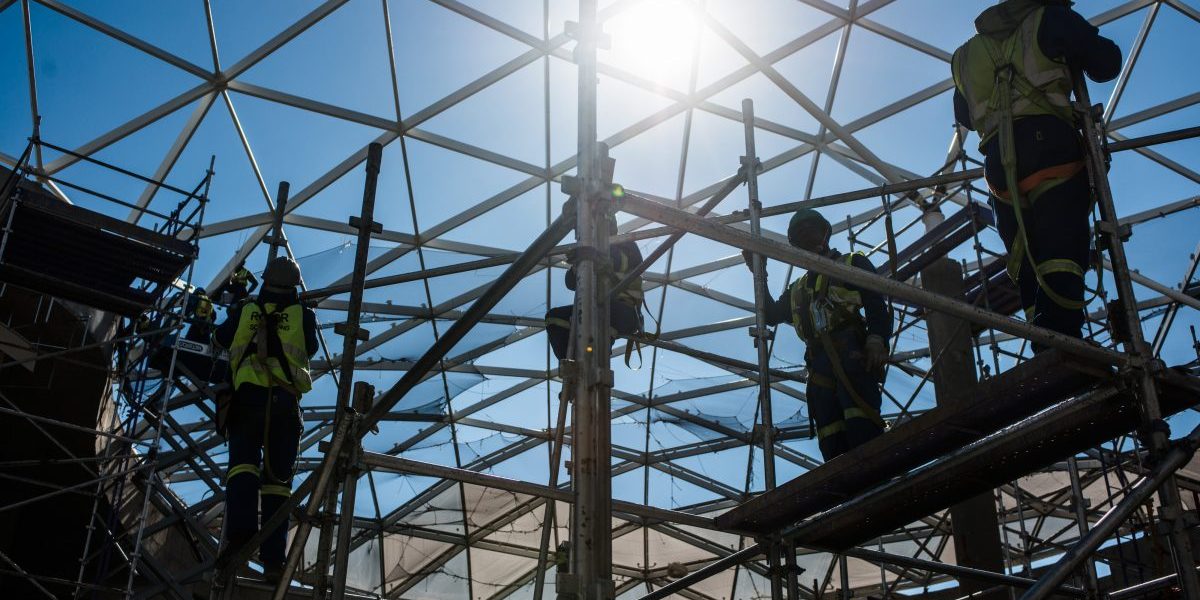Summary:
- Many countries are developing financial solutions that allow local government to participate in resource mobilisation to fund critical infrastructure and other service delivery needs at sub-national level.
- Sub-national pooled financing mechanisms (SPFMs, or pooled finance) have been identified as one financial solution with the potential catalytic role of allowing local governments in developing and emerging countries to diversify their municipal resources.
- Pooled finance is cooperation between local and regional governments that share similar credit characteristics and are interested in financing local infrastructure through investments from external debt sources but that lack the financial scope, scale, expertise and credit history to access credit markets individually.
- South African municipalities are constantly struggling to finance their infrastructure needs on their actual balance sheets and are working on improving their creditworthiness.
- The condition of municipal infrastructure in South Africa is a crucial element in the government’s ability to deliver services.
- Pooled finance’s failure to take off is owing to the limiting behaviour of the national government, which devolves substantial responsibilities to municipalities while issuing municipal finance regulations that limit their ability to raise funds.
- The dominance of the Development Bank of South Africa – which lends more to poorer municipalities than banks do – and the growing presence of development finance institutions should encourage efforts to develop and support a vibrant local government debt market.








